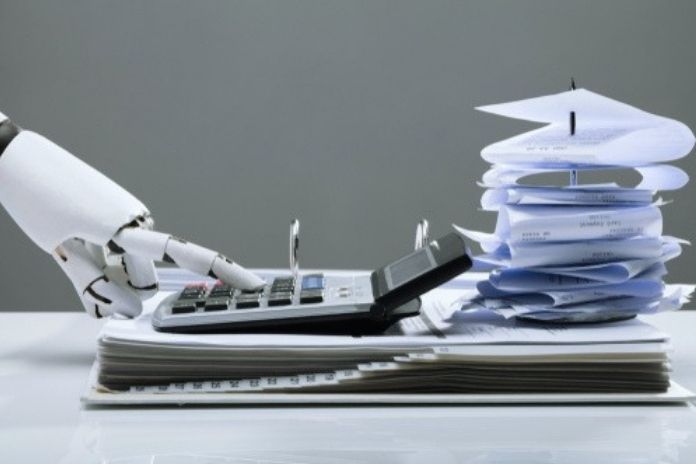Finance and accounting face many challenges in the digital transformation. New technologies can help cope with these, as they can take on more complex tasks. Despite the enormous efficiency potential, many companies still hesitate to use them.
Suppose RPA and AI systems are used in accounting. In that case, this enables, among other things, data processing in real-time, automated checking for anomalies, forecast calculations and benchmarking as well as the automatic reading and further processing of invoices and receipts. The challenges for finance and accounting have increased in times of globalization, networking, and rapid technological progress.
AI Systems Offer An Efficient Analysis
The global increase in digital data and the associated increased risk and compliance requirements, and the acute shortage of skilled workers make it impossible to record all information manually. The automation of individual processes in accounting helps to analyze and prepare data in a targeted and efficient manner. The use of new technologies relieves employees of their routine tasks and creates freedom for higher-quality and more demanding tasks.
While business transactions have mainly been automatically recorded, processed and stored in ERP systems for several years, new innovative technologies such as Robotic Process Automation (RPA) or artificial intelligence (AI) are also used in finance and accounting. These promise enormous efficiency potential, as they can be used around the clock 365 days a year without additional human, manual intervention and only require a fraction of the human processing time.
With the help of these technologies, processes can be accelerated and more reliable, and higher quality results can be achieved by processing a higher volume of data. The use of RPA and AI systems enables, among other things, data processing in real-time, automated checking for anomalies, forecast calculations and benchmarking as well as the automatic reading and further processing of invoices and receipts.
Companies Hesitate To Use AI
However, the application of the new technologies in finance and accounting is still in its infancy, so many companies hesitate to use them to process sensitive data in finance. This is also shown by the PwC study “Digitization in Finance and Accounting 2020” results. Currently, only 15 percent of companies use robotics or AI in accounting. However, the results also show that the benefits have intensified for companies that have already used AI. It is to be expected that the use of RPA and AI systems will also gain importance in the future in finance and accounting.
AI Systems Are A Case For The Strategic Plan
However, digitization is not just a technical question. And it is a strategic and organizational challenge. The best technologies will not help if managers and employees are not taken on the journey into the digital age from the start. It is necessary that the digitization of finance and accounting is included on the companies’ strategic agendas and that the departments are actively involved in the implementation.
The sustainable design of digital change is a decisive factor in securing growth potential and remaining competitive in the long term. How quickly and to what extent new technologies will find a permanent place in finance and accounting remains to be seen. These will undoubtedly change fundamentally due to the increasing use of technology.
ALSO READ: Container Technology: 6 Essential Developments In 2021

